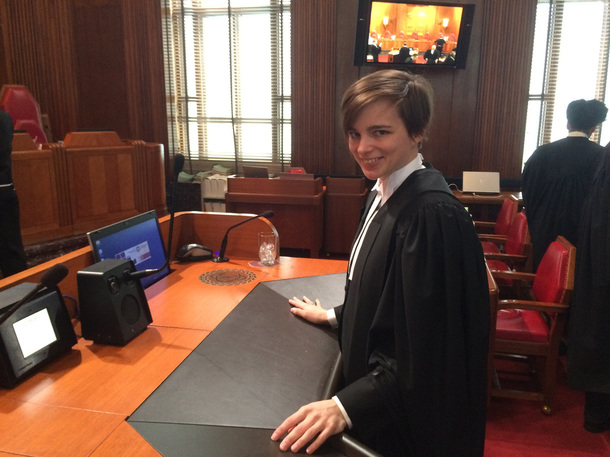Five-years after Victoria introduced the nation’s toughest anti-drunk-driving laws, the controversy over the inequities of instant curbside justice continues.
Documents obtained from a freedom of information request show numerous B.C. motorists have been wrongly handed stiff Immediate Roadside Prohibitions for impaired driving as a result of improperly calibrated screening devices.
The drivers will receive some reimbursement but the lawyers who obtained the material claim it emphasizes a more insidious problem. The Office of the Superintendent of Motor Vehicles, which operates a supposedly independent appeal process for IRPs, is working so closely with police, these documents show, that even the appearance of impartiality has been destroyed.
“Never has it been disclosed to us for the hearing that the superintendent is on the B.C. Association of Chiefs of Police impaired driving advisory committee,” said Vancouver lawyer Kyla Lee, whose office made the FOI request on behalf of a Vancouver Island client. “That’s the part that strikes me as most disturbing about this (collection of emails, briefing notes and drafts).”
The B.C. Supreme Court, she explained, has criticized the government for not maintaining a robust appeal process separate from its enforcement and prosecution roles.
“They are supposed to be, as a tribunal, independent,” Lee said. “They are not supposed to be the prosecutor and the judge in their own case. But by being represented in this capacity on the committee, they are.”
Her colleague at Acumen Law Corp., lawyer Paul Doroshenko, said that more than 1,000 IRP appeals across the province in the last year have focused on the calibration process for the 2,000-plus approved roadside screening devices deployed by B.C. police agencies. Their office is handling about 300 of the files.
Within the 35-pages of interaction between the government and police released, the RCMP said it found between Jan. 23 and July 31 in Tofino, 39 invalid IRPs were issued.In Vernon, the RCMP said, they issued 13 invalid IRPs between June 13 and Aug. 3.
The problem is more widespread, Doroshenko insisted, and police say in the back-and-forth emails with the superintendent’s office they are undertaking a provincewide review.
Municipal departments may be affected, as well as criminal cases, because the same concern about the certification of gas used in the calibration process for roadside devices applies to breathalyzer machines, Doroshenko added.
In Aug. 15 notes, the minister was told to minimize the concern if it becomes public by saying the problem is fixed, drivers will be reimbursed, their records cleansed and, most importantly, the program that penalizes motorists blowing above .05 will continue to save lives.
But Doroshenko maintained recouping the roughly $5,000 in fees and charges it costs most drivers is little compared to the often expensive collateral consequences, such as loss of a job, that can result from an IRP.
More than 18,800 prohibitions are handed out annually under the scheme, which is credited with reducing drunk-driving casualties and the load on provincial courts while drawing criticism for trampling on civil rights and hurting too many innocent motorists.
“It’s another failing of the system that we are seeing,” Lee said.
“When you entrust police to do everything that has to be done in these investigations — to calibrate the devices regularly, to employ them in a reasonable manner, to follow all the steps of the legislation, to prepare the evidence, to submit it to the superintendent and then you don’t have the safeguards that we used to have when there were criminal prosecutions … .”
But efficiency and enhanced public safety have triumphed over procedural as well as fundamental fairness.
Lee said the latest, updated version of this legislation — passed but not enacted — envisions the superintendent and police working together like joined twins.
After hearing arguments earlier this year, the Supreme Court of Canada continues deliberating about the constitutionality of the original law and this way of doing business.
Prudence suggests waiting for that ruling before adopting a new iteration of the heavy-handed law.
“It’s not in effect yet and the superintendent shouldn’t be behaving as though it is,” Lee said.
“As far as I’m concerned, that law is absolutely unconstitutional and our intention is to challenge it at the first available opportunity.”
Read more: http://www.vancouversun.com/news/Mulgrew+drunk+driving+looks+flimsier+than+ever/11410297/story.html#ixzz3neNPJwZe



